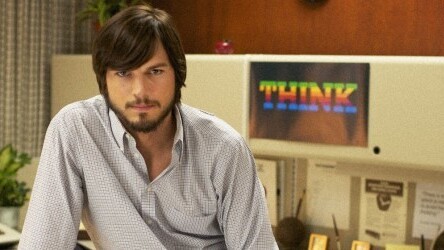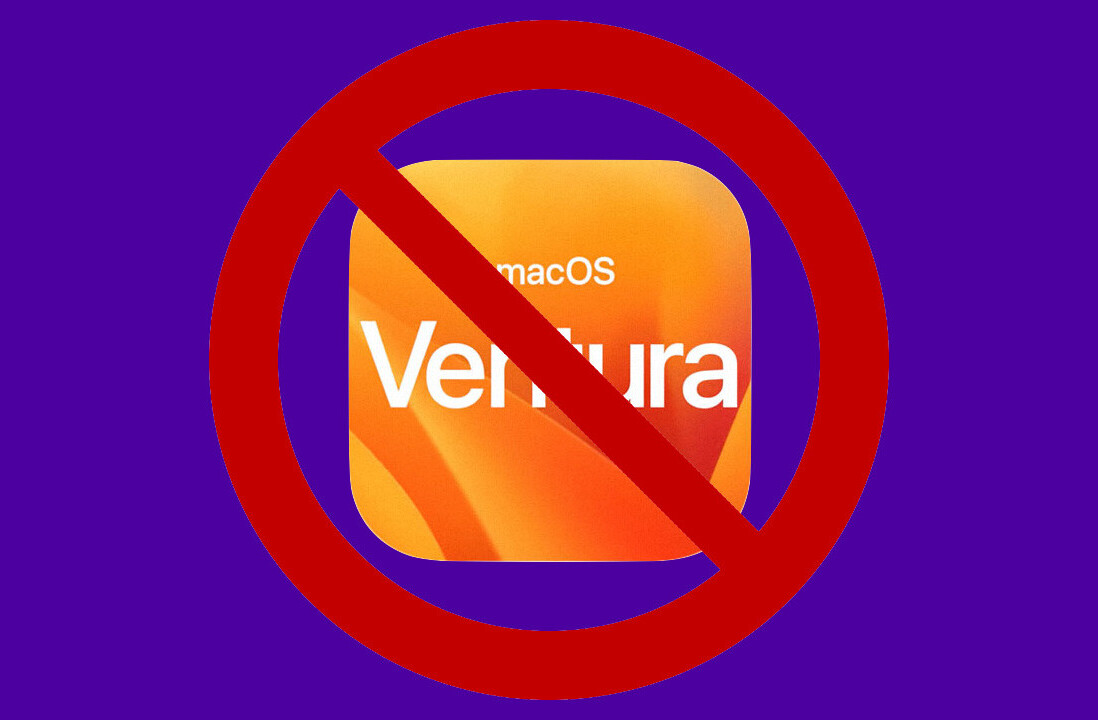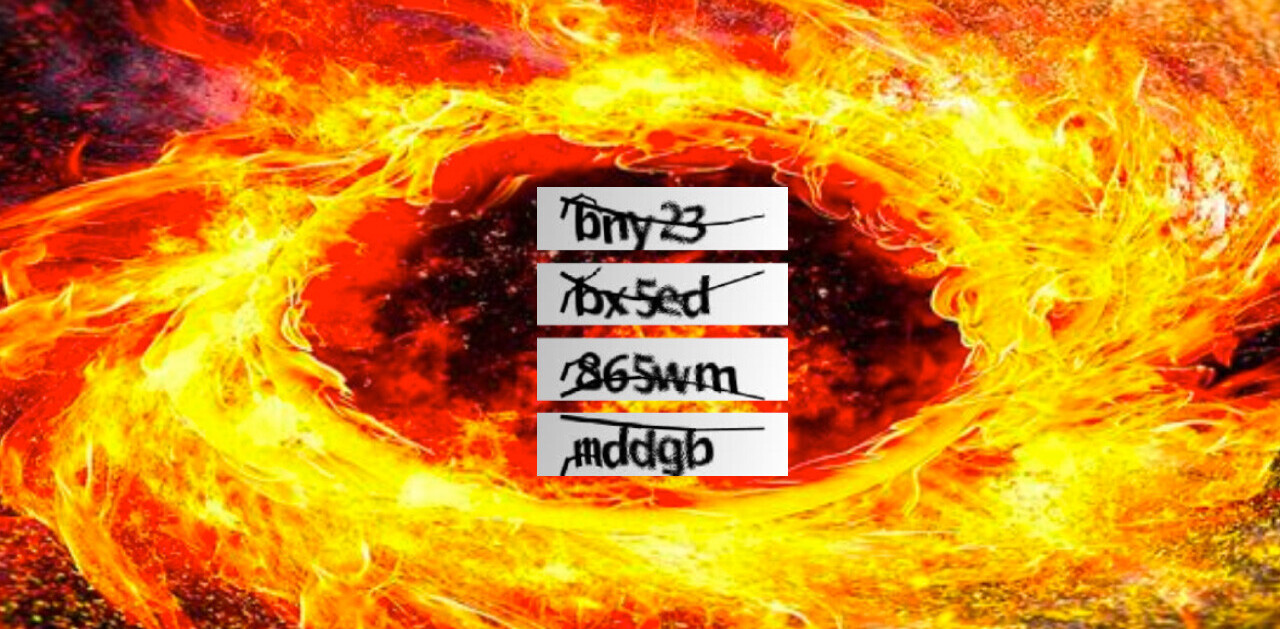
The halo effect of the iPod has long been touted as an example of the way that Apple has dragged its customers into the desktop and laptop fold by way of its portable devices. For both Josh Gad and Ashton Kutcher, the stars of the Jobs biopic, this is very much the case.
Both Gad and Kutcher note the iPod as a seminal moment for them when it came to ‘switching’ to using Apple products. Though Kutcher notes that he had an Apple IIGS when he was a kid, all he did was play Number Munchers on it. It wasn’t until the iPod and its seamless music experience that he found real value in the Apple way.
Gad and Kutcher spoke at Macworld|iWorld today about their roles as Steve Wozniak and Steve Jobs in the film. Gad notes that he took programming classes to prepare for his role.
“Acting is by its very nature faking, you don’t really become that person unless you’re psychotic,” joked Gad. “Working with Ashton, knowing him as a comedic actor and seeing his technical savvy was mind blowing. I remember shooting a scene in the original garage,” says Gad. “Ashton came in and saw something in the background on a workbench and said ‘this wouldn’t have been built for another year, get rid of that.’
“For me, this is an iconic hero and someone I try to emulate when I talk to founders about stuff,” Kutcher said about his role as Jobs.
He notes that there were pains taken to be as accurate as possible. “There were things that I can validate the accuracy of, and somethings that..when I looked at them in the script…didnt’ sit quite right.”
Kutcher says that he then went and spoke to people that were there in the situation and who knew Jobs personally to nail down details. He says that he spent three months immersing himself in everything Jobs including 100 hours of video footage and a Soundcloud file with clips of Jobs speaking.
“I started reaching out to folks who knew him and worked with him early in his career and late in his career,” says Kutcher, “to try to deconstruct who he was.”
Among those were Allan Kay, the computer science pioneer who worked on Smalltalk and object-oriented programming, both of which would become part of Apple computers, and former SVP of software at Apple Avi Tavanian. He also reached out to people from early in Jobs’ life like Byte Shop employee and roommate Mike Holley.
“Ashton had already been on board the project for three weeks. I had sat down and talked to the directo Josh Sterna about taking on this thing,” says Gad, “and I was terrified. Here’s a person who’s in the public consciousness. Honest to god, my knowledge of Steve Wozniak was Dancing With The Stars…so I didn’t know what the hell I was getting into.”
Gad says that he wanted to speak to Kutcher about the project to see what it was all about, especially as it was a journey about two strongly linked characters. So they had an extensive conversation about how they were going to honor these people. They judged that they needed to be as accurate as possible, but more importantly to honor the spirit of the thing.
“It’s not a documentary,” says Gad, “it’s an interpretation of events.”
Gad says that such was Kutcher’s dedication to the character that he ‘only met Ashton’ in the last couple of weeks as it was like being in the room with Steve Jobs throughout the four week shoot.
They first chatted over Skype about the project after Kutcher was already attached to the project. He had seen Gad in Book of Mormon and immediately agreed with Stern that he was good for the part.
“They first connected over music, like two kids,” says Kutcher about Jobs and Wozniak. “Bill Fernandez introduced them and…it was really just a regular relationship to a certain extent. They both had skills that complimented each other.”
Gad told Kutcher that he didn’t want to do an ‘impersonation’ of Woz. He wanted to bring out the fact that he was a prankster and jokester. Kutcher says that he knew Gad ‘got’ Woz after their initial conversations.
“When we were shooting at the house [Jobs’ original house in Los Altos where the first Apple computers were produced] which was a very surreal experience, they still had sketches that Steve had done up in the attic. They told us, ‘oh yeah, you can check out his journals if you like’, and we said ‘can we take them to the Smithsonian,” Gad joked.
Gad and Kutcher say that they got to meet Jobs’ stepmother and sister during filming at the house. He says that it was a ‘surreal’ experience for them to see the crew setting up the workshop in the garage again, having it play out just as it did the first time around.
Kutcher also addresses the ‘fruitarian’ diet anecdote, which had him heading to the hospital days before the shoot.
“I started digging into Steve and I read this thing called The Mucus Free Diet, which was a book that he read when he was younger. It talks about the value of the sugar from grapes and the elimination of mucus from your system, which is a harbor for disease,” says Kutcher. “As I started to get into it I thought, well that makes a lot of sense. So I started a fruitarian diet and for about a month I only ate fruit and drank carrot juice.”
“About two days before the film, I doubled over in pretty ridiculous pain,” says Kutcher. Upon visiting the hospital twice and getting test results back, Kutcher was diagnosed with the beginnings of pancreatitis. He’s careful to note that the anecdote shouldn’t be construed as a direct correlation between a fruitarian diet and pancreas issues. The historical connection, of course, was that Steve Jobs was diagnosed with a pancreas neuroendocrine tumor in 2003.
“That’s why you should do what I do and eat everything but fruit,” joked Gad.
Kutcher and Gad were also asked about how they played the scene where Jobs jilts Wozniak out of several hundred dollars for completing a contract with Atari to reduce the number of circuits needed for the game Breakout. Kutcher had an interesting perspective on the way that he chose to play the scene.
“I can’t really speak to what Steve was thinking at the time,” says Kutcher, but noted that a common bit of acting technique is to find a way to justify a character’s actions, no matter how reprehensible. “When it came time for me to justify that behavior for myself, the way I saw it was that I got a job to redesign this game, and for every circuit we eliminated from it we got a bonus and I knew a guy who could eliminate a lot of circuits.”
“And so I hired him for x amount of money to actually perform that job, so that’s how I justified it as a character,” says Kutcher. “My assumption was that Steve gets a job to do this thing…and he hires Woz to come in and decides to pay him this much money and keep the profits for himself and that’s a business. And Steve was an entrepreneur and he was looking for a margin and he found one and he took it.”
Kutcher says that he played it in the film as if Jobs still contemplated splitting the funds or taking the margin right up to the moment where he ‘betrayed’ Wozniak. “Historically, we’re told that he took the margin,” says Kutcher.
Gad and Kutcher also addressed the criticisms leveled at a clip of the film by the real Steve Wozniak.
“There will always be debates about what we got right and what we got wrong,” says Gad, “but if I had a chance to sit down with him I’d explain that it was done with the utmost love, admiration and respect. And I hope when he sees it…in its entirety, that he can understand that.”
“We weren’t there,” says Kutcher. “Part of it is, in filmmaking, you have to make a narrative that plays. If you look at the events of these guys’ journey together, there were probably a lot of moments where there was nobody else there. You have to ride the arc of entertainment of the film and stay true to who the people were, how the people were and what the intent was.”
Jobs says he spoke to venture capitalist John Doerr about the film. Doerr was at the original Homebrew meeting where Jobs presented the first Apple board. Doerr, Ashton says, said that “even though it’s not exactly the way that everything went down, you captured the moment, you captured the energy and who the people were.”
Kutcher notes that a lot of Apple employees who were in the film have told him that they were happy with how the period was captured. “Unless they’re bold-faced lying, because a lot of people say nice things to me that they really don’t mean,” says Kutcher. “And that’s what’s important to me,” he says, “is that we captured the authenticity of the people.”
Gad says that his takeaway from playing Wozniak is that being passionate about a company and a project doesn’t mean that you have to reject fun or the experiences of life. “It’s ok to be inspired, it’s ok to take a break from the intensity to get back to the core of what you’re working on,” says Gad. “It can’t all be about the work or you’ll lose the passion, the intensity for what you’re working on.”
Kutcher says that there were three ‘key qualities’ that he took away from playing Jobs.
The first of these was focus. Jobs explains a conversation that he had with Dave Morin of Path, asking him what the greatest advice Jobs ever gave him was. “Steve once said that there is no virtue in saying no to the things that are easy to say no to,” was his response.
“Everyone has a certain level of focus…but it’s the other thing that looks really great, the other shiny object that you could be involving yourself with,” says Kutcher. “And saying no to that is really hard.”
Jobs’ ability to say no to ‘everything but the mission’ is something that Kutcher says he admires. “It’s not a detriment to say no to things if it’s in the pursuit of something that will benefit people greater.”
The second was a ‘compassion for the consumer’. “An unparalleled desire to make something that benefited other people,” says Kutcher. He noted this as a contrast to those who concentrated on being profitable or shipping product to the extent at which they forgot to build the best thing for the consumer.
“Steve believed it was possible to do something impossible,” says Kutcher, alluding to the third thing that he took away from the film. He made reference to the following famous quote that Jobs gave in an interview:
When you grow up you tend to get told the world is the way it is and
you’re life is just to live your life inside the world. Try not to bash into
the walls too much. Try to have a nice family, have fun, save a little money.That’s a very limited life. Life can be much broader once you discover one simple fact: Everything around you that you call life was made up by people that were no smarter than you and you can change it, you can influence it, you can build your own things that
other people can use.Once you learn that, you’ll never be the same again.
Kutcher says that this stuck with him. “When I heard that,” says Kutcher, “he was talking to me, and he was talking to you. He was saying ‘don’t settle’ for what life gives you, make life better.”
When asked whether, as a tech investor, he would have invested in Apple back in the 70’s if a barefoot and ‘pungent’ Steve Jobs walked through his door, Kutcher gave pause. He then said that he tries to invest in companies that attack problems with a ‘high density’ of people that are trying to hack around an issue.
“I would hope that I would have invested,” says Kutcher, “there are some hardware companies [I’ve invested in] today, like SmartThings, that are building intelligent objects with open software…so I hope I would have been intelligent enough, wise enough and intuitive enough to see the possibilities.”
Get the TNW newsletter
Get the most important tech news in your inbox each week.





